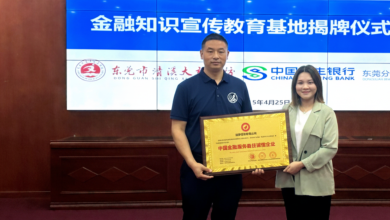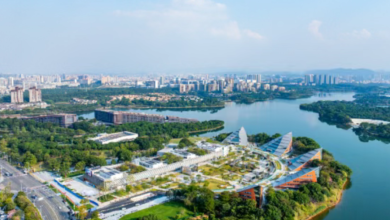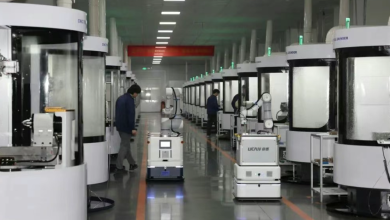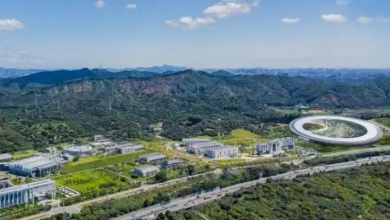Dongguan Soars to New Heights: Building a “Low-Altitude Scenario City”
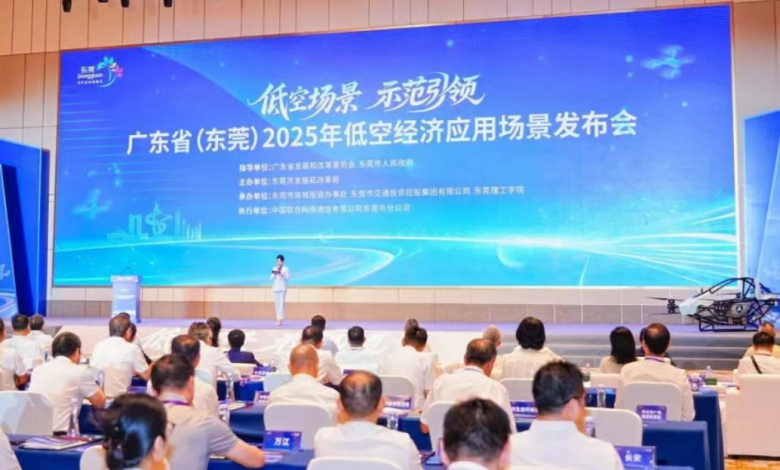
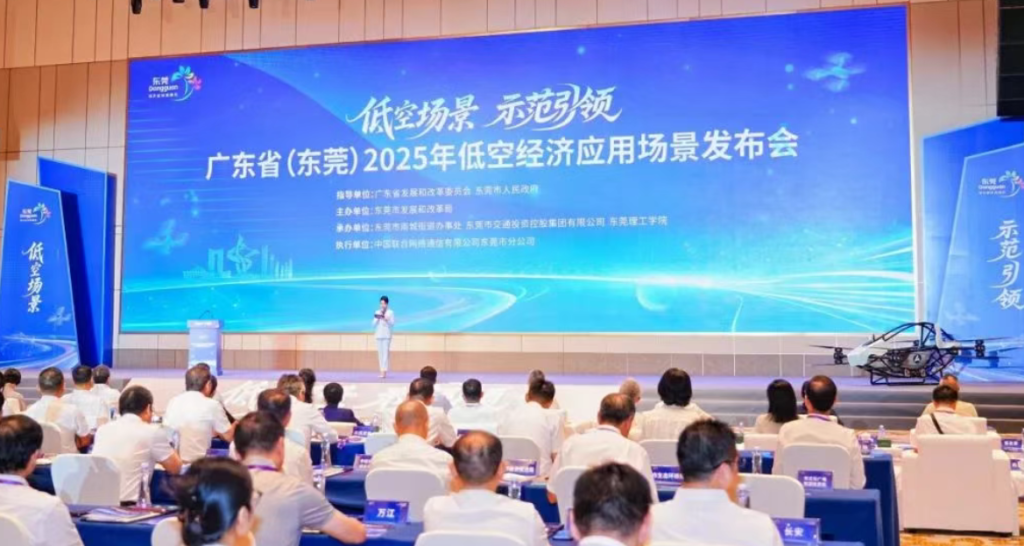
Introduction: The Rise of Low-Altitude Economy in Dongguan
In recent years, Dongguan, a powerhouse in China’s manufacturing sector, has been actively developing its low-altitude economy—a burgeoning industry that leverages drones, urban air mobility, and aerial applications for commercial and public services. As part of its “Low-Altitude Scenario City” initiative, the city aims to become a national leader in drone logistics, emergency response, urban management, and industrial innovation.
Having visited Dongguan’s tech parks and innovation hubs, I’ve witnessed firsthand how the city is transforming its industrial landscape. The release of the “Dongguan 2025 Low-Altitude Economy Application Scenario Opportunity List” marks a significant step toward integrating drones into daily life—from high-speed rail inspections to cross-city logistics.
Dongguan’s Strategic Blueprint for Low-Altitude Development
Policy Support & Industry Collaboration
In 2024, Dongguan introduced the “Implementation Plan for Promoting High-Quality Development of the Low-Altitude Economy (2024–2026)”, positioning the sector as a key growth driver. The city is fostering partnerships with Shenzhen, Guangzhou, and Zhuhai to share airspace resources and streamline regulations.
During the “Low-Altitude Scenario, Demonstration Leadership” conference on July 3, 2025, over 400 industry leaders gathered to explore collaborations. Key agreements included:
- Dongguan Low-Altitude Economy Industrial Alliance × Shenzhen Low-Altitude Economy Association
- Dongguan University of Technology × China AOPA (Aircraft Owners and Pilots Association)
- Dongguan Transportation Investment Group × IDEA Low-Altitude Economy Research Institute
These partnerships highlight Dongguan’s commitment to integrating drone manufacturing, AI-driven air traffic control (“low-altitude brain”), and talent development.
100+ Pilot Scenarios: From Theory to Reality
The city plans to launch 100+ demonstration projects within a year, focusing on:
- Smart Manufacturing: Drone-based equipment inspections and maintenance.
- Urban Logistics: Last-mile delivery via drones, especially in high-tech zones like Songshan Lake.
- Public Safety: Disaster response and medical supply drones.
“In my discussions with local officials, I learned that Dongguan is prioritizing real-world testing to refine regulations and attract investment,” shared a Shenzhen-based drone operator.
Key Opportunities in Dongguan’s Low-Altitude Economy
1. Logistics & Supply Chain Innovation
Dongguan’s Opportunity List identifies 12 sectors, with logistics as a top priority. The “Guangzhou Huangpu–Dongguan Shuixiang Cross-City Low-Altitude Logistics Route” will use heavy-lift drones to transport goods between保税区 (bonded zones), cutting delivery times by 70%.
Partners needed:
- Operators of VTOL (vertical take-off and landing) drones.
- Developers of automated parcel-receiving terminals.
2. Industrial & Infrastructure Applications
- Power Line Inspections: Drones with LiDAR reduce risks for workers.
- Highway Patrols: Dongguan Transportation Group is testing drones for real-time traffic monitoring.
“When I visited a drone demo in Xiegang Town, I saw UAVs cleaning skyscrapers—a safer alternative to manual labor,” noted an industry analyst.
3. Tourism & Consumer Experiences
Songshan Lake is designing low-altitude tourism routes, offering aerial views of its eco-parks. Meanwhile, Nancheng District plans “trendy delivery” services, where drones deliver bubble tea and local潮玩 (trendy toys) within minutes.
Challenges & Future Outlook
While Dongguan’s progress is impressive, hurdles remain:
- Airspace Coordination: Integrating drones into busy urban skies requires collaboration with civil aviation authorities.
- Public Acceptance: Noise and privacy concerns must be addressed through community engagement.
However, with strong policy backing and a thriving manufacturing ecosystem (home to companies like XAG and Jufeng UAV), Dongguan is poised to lead China’s low-altitude revolution.
Final Thoughts
For entrepreneurs, Dongguan offers subsidies, testing grounds, and a vast supply chain. As one official put it: “We’re not just building a ‘drone city’—we’re redefining how cities function.”


